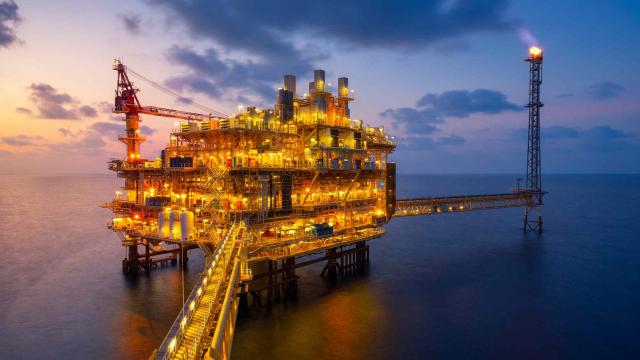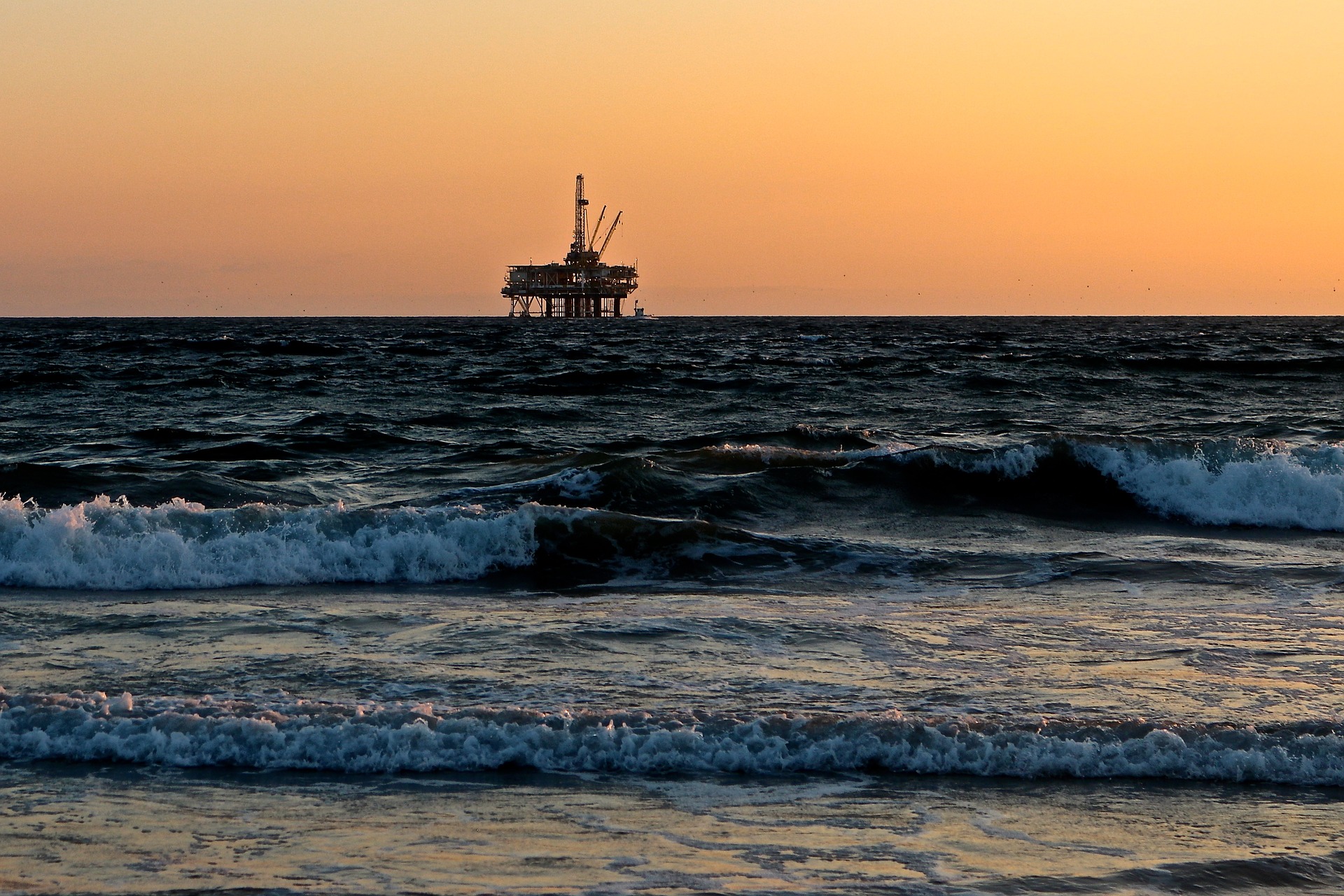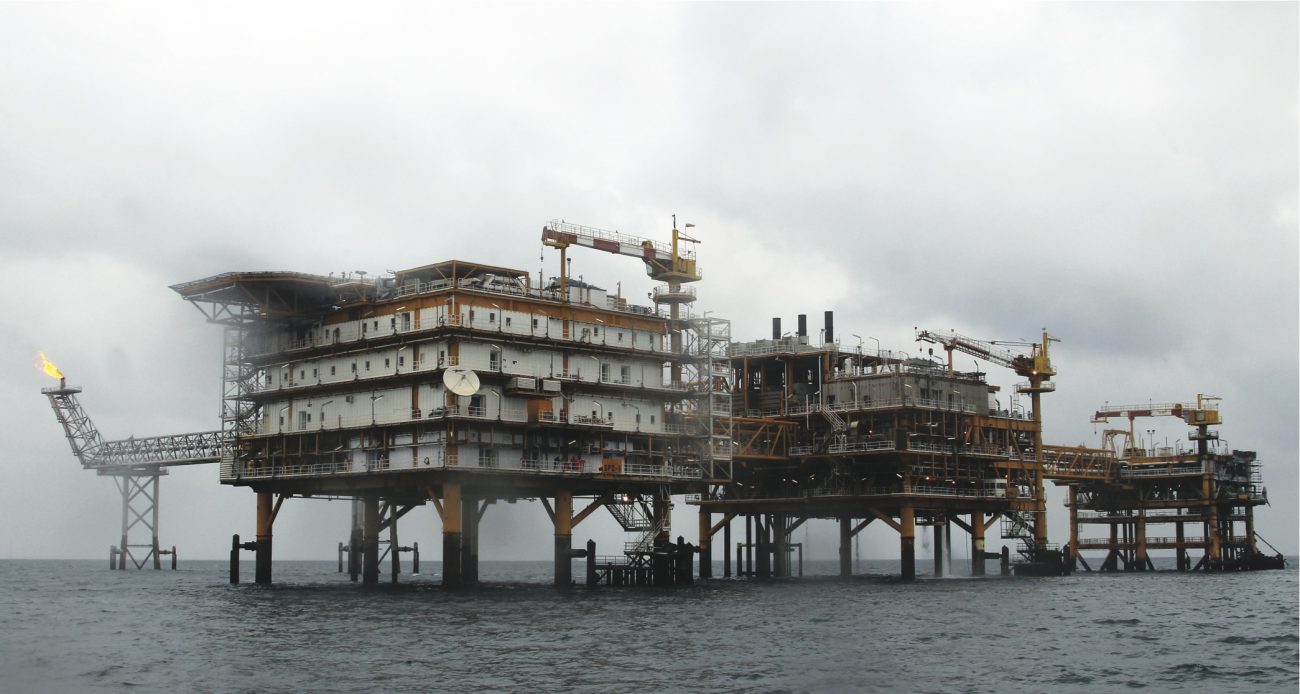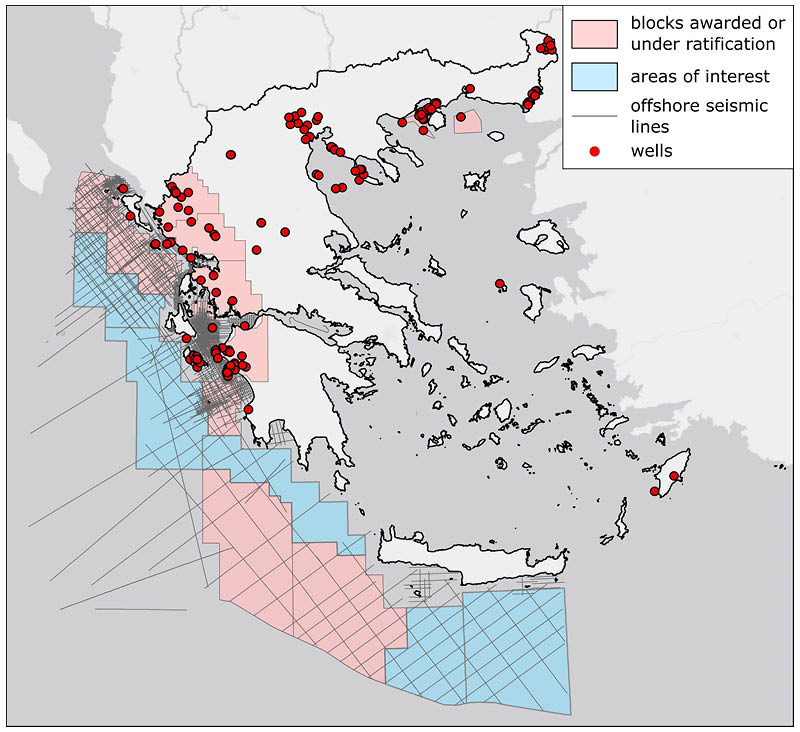
Earlier this month, the Greek Parliament voted on a concession to begin exploratory oil drilling in the country in early 2020 as part of a larger effort to offset the country’s debt.
The drilling operations are intended to be made in conjunction with companies such as Total, Exxon and Repsol across a marine area stretching more than 56,000 square kilometers, which accounts for more than 70 percent of the country’s territorial waters. The concessions are to remain in effect for 25 years from the moment drilling begins.
Already, these operations have encountered protests by political and environmental activists as well as citizens’ groups, like Save Greek Seas, which have long warned about the irreparable damage facing Greek seas as a result of oil exploration.
The plans are expected to impact fragile ecosystems like the recently discovered Hellenic trench, southwest of Crete, one of the most important homes to sperm whales, monk seals, common dolphins and a number of other species in the Mediterranean.
A reprieve from debt – at an excessive price
According to a declaration by hundreds of leading environmental scientists, in late 2018, in response to the Syriza administration’s oil concessions at the time:
“Cetaceans in the Hellenic trench are already facing a series of direct and severe threats…Oil and gas exploration and exploitation as an additional great threat … would become an important blow to their chances of survival.”
A report published by the WWF earlier this year revealed the impact could be greater than originally estimated. The Greek government has since made concessions that also cover protected areas in the country, while largely limiting transparency around the issue.
Both the previous Syriza administration and the current Nea Dimokratia administration have actively rolled back established legal protections in a desperate bid to allow hydrocarbon operations to rescue the country’s ailing economy.
According to a statement by Dimitris Ibrahim, manager of the WWF Greece campaign against hydrocarbon exploitation, “The Greek government is allowing anyone who so wishes, to proceed with underwater seismic surveys in the absence of effective controls.”
But the impact on Greece won't be solely ecological. Along with the marine species that will be harmed by drilling operations, the country’s tourism industry could also face disastrous consequences.
In his address to Greek parliament, Kriton Arsenis, parliament member of DiEM25, warned:
“In the event of an oil spill, the estimated cost to the country’s tourism industry would be as high as 5 billion Euros at least, far outweighing any potential revenue that oil drilling could ever generate.”
The anti-drilling front
While the Greek government appears all too eager to welcome the oil drilling future, the pushback no longer rests solely on the shoulders of environmental activists. The subject of climate change is being actively broached in Parliament in response to both last month's United Nations Climate Change Action Summit and the rising involvement of the public on the issue.
The coverage on the impact of drilling, along with an upsurge in the country’s environmental activism following the "Fridays for Future"protests, have served to create a unified, pro-environmental front within the country.
DiEM25 has been one of the political parties with the most vocal response, citing that it would be in Greece’s best interest to abandon its oil and natural gas reserves altogether. At the time of writing, the Turkish government had been aggressively trying to settle its drilling dispute with the Republic of Cyprus and was certain to attempt to strongarm its way into the Greek EEZ as well.
Coupled with the country's unsustainable coal power production facilities, and the increase in environmental taxation soon to enacted by the European Union, Greece's already ailing economy will face a serious blow.
Slowly but surely, Greece appears to be becoming more environmentally conscious, a trait it lacked previously. And though the administration in Athens doesn’t seem to share these sentiments, the early signs of public resistance could reflect a major shift in the country.
Whether the change will be enough to prevent further catastrophe, time will tell.
















